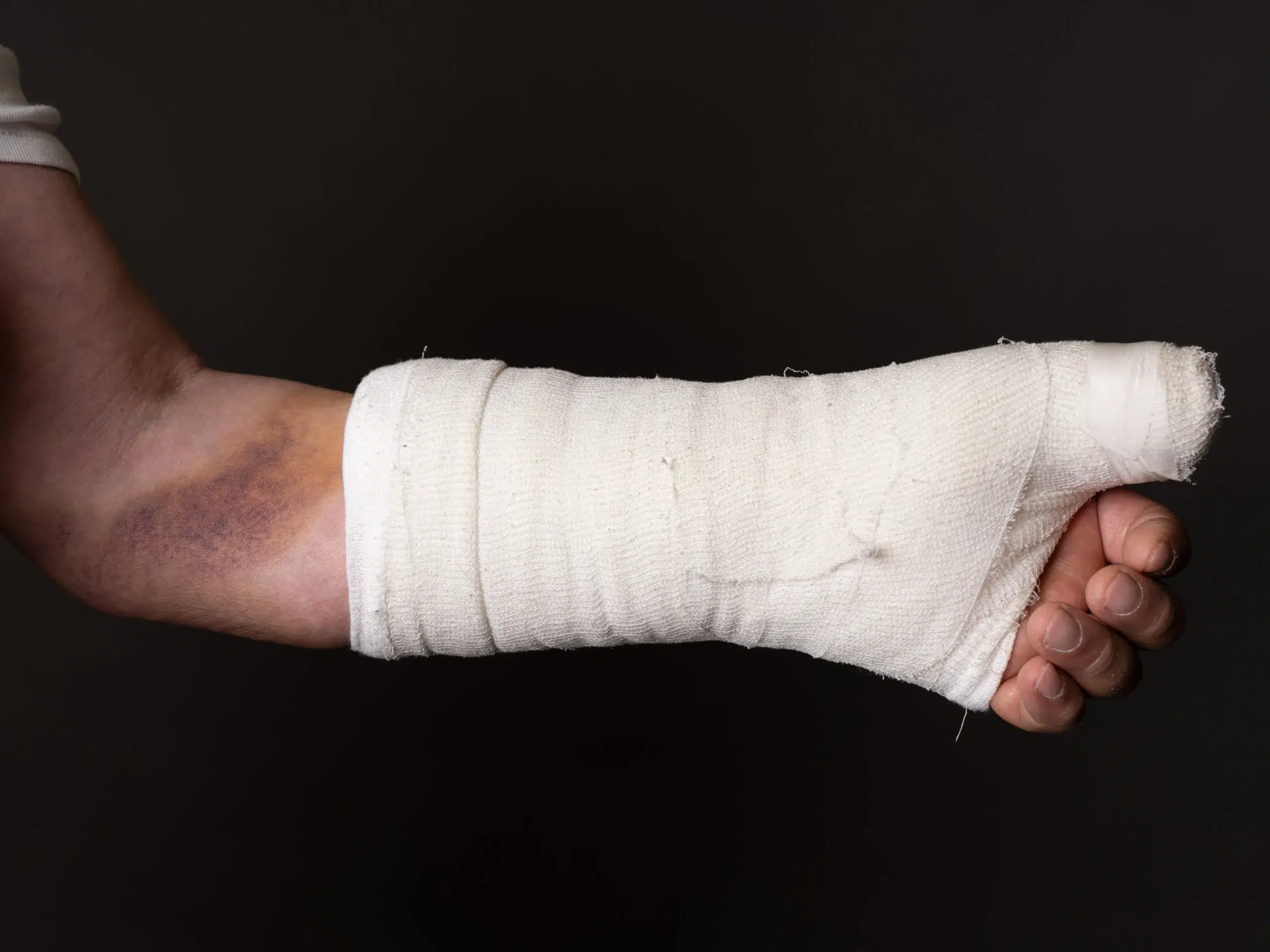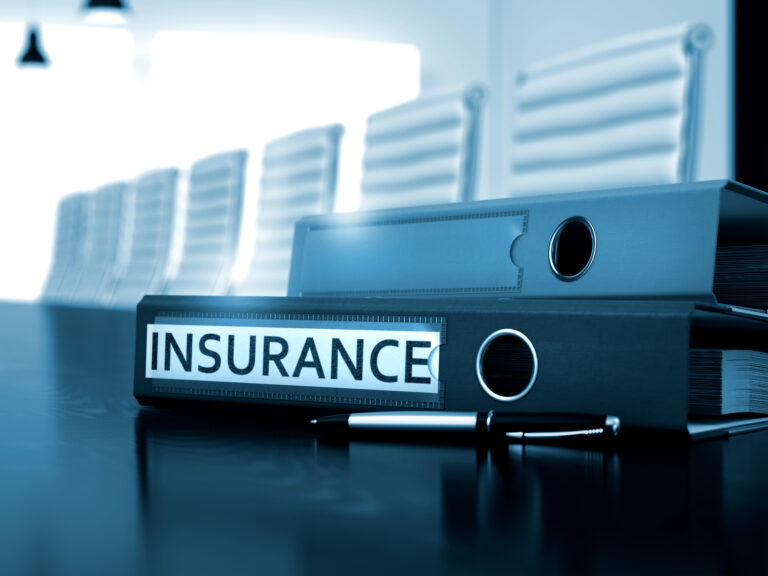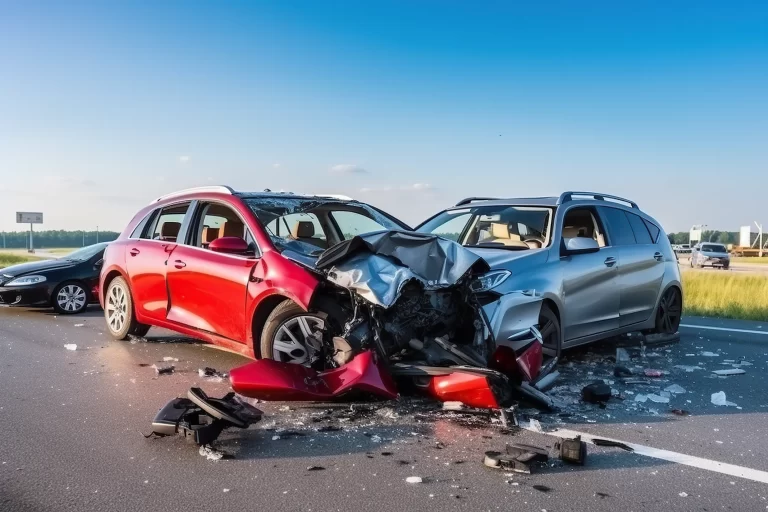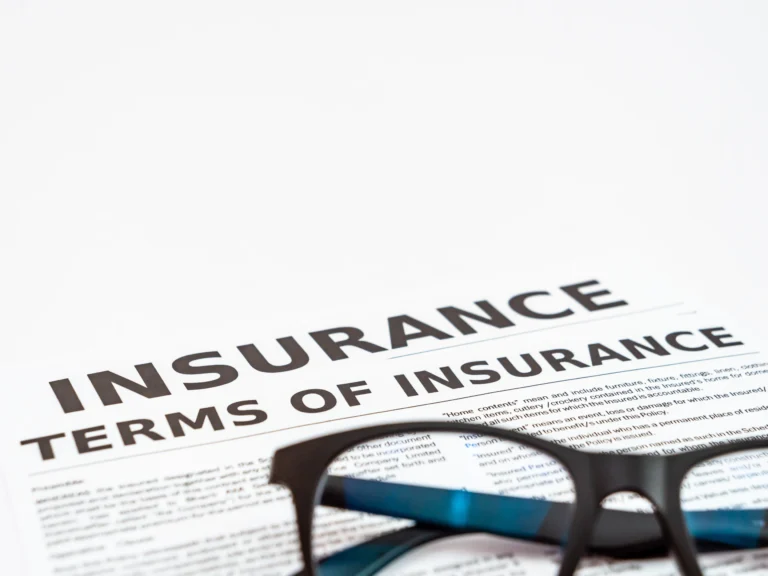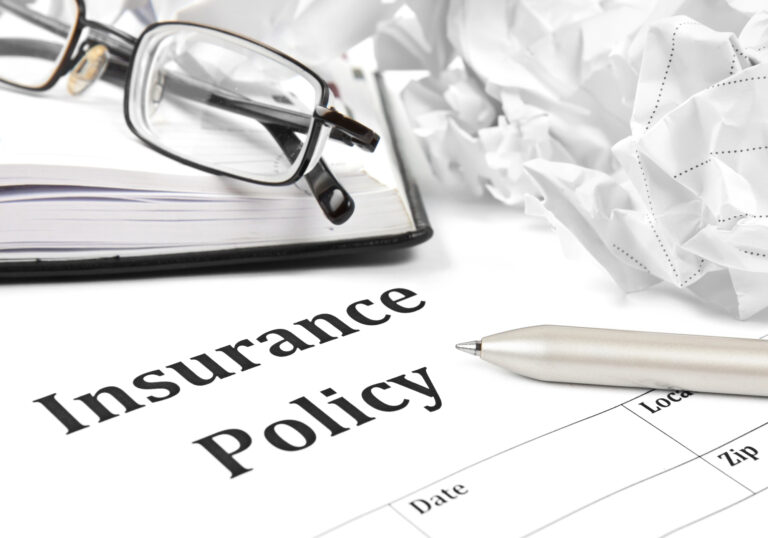Livestock & Animal Injury Defense: Florida Legal Guide
Defending Against Livestock and Animal Injury Claims in Florida
Understanding Florida’s Animal Liability Laws
If you’re facing a lawsuit due to injuries caused by your livestock or other animals (excluding dog bite defense), understanding Florida’s laws and your rights as a property owner is crucial. Whether you own a farm, ranch, stable, or keep animals on your property, knowing how to defend against animal related claims can protect your assets and livelihood. Florida law recognizes that keeping animals involves inherent risks, both for owners and those who interact with the animals. Under Florida Statute 588.15, livestock owners have specific responsibilities and protections regarding their animals. The law distinguishes between different types of situations, such as animals breaking free from enclosures versus incidents occurring during authorized interactions.
Florida Livestock and Equine Injury Lawsuits
Florida follows a modified comparative negligence system, which means if an injured party is found to be more than 50% at fault for their injuries, they cannot recover any damages. If they are 50% or less at fault, their potential recovery will be reduced by their percentage of fault. However, under Florida Statute 588.15, livestock owners who intentionally, willfully, carelessly, or negligently allow their animals to run at large or stray onto public roads can be held liable for any resulting injuries or property damage, regardless of the injured party’s comparative negligence.
For example, if a farm visitor is determined to be 40% at fault for an injury that occurred while improperly approaching a horse, they could still recover 60% of their damages. However, if they were 51% at fault for provoking the animal despite clear warnings, they would be barred from any recovery. But in cases where livestock has strayed onto public roads due to owner negligence, the modified comparative negligence standard may not apply, as the statute creates a specific duty for livestock owners to prevent their animals from running at large.
Animal-related injury claims in Florida arise from many situations, including escaped animals causing vehicle accidents, injuries during feeding or handling, property damage from wandering animals, trampling incidents, and injuries during farm tours or agritourism activities. Equine-related incidents often involve riding accidents, stable or boarding facility injuries, training or lesson-related injuries, spectator injuries at equestrian events, and transport-related incidents. The application of comparative negligence versus strict liability under Statute 588.15 will depend on the specific circumstances of each case, particularly whether the incident involved livestock running at large on public roads.
Building a Strong Defense
When defending against an animal injury lawsuit, several factors can strengthen your case. Document everything about the incident, including the condition and maintenance of your fencing and enclosures, warning signs and safety protocols in place, training and supervision procedures for employees, any waivers or agreements signed by the injured party, previous safety record and incident history, and your animal’s behavioral history and training. An Orlando attorney can help evaluate these elements and develop a robust defense strategy based on your specific circumstances.
Legal Defenses Available in Florida
Several legal defenses may apply to your case. If you operate an equestrian facility, Florida’s Equine Activities Liability Act provides significant protection against lawsuits arising from the inherent risks of equine activities. Similarly, if you run an agricultural tourism operation, Florida’s Agritourism Statute offers certain liability protections. Other potential defenses might include assumption of risk, where the injured party knew and accepted the risks associated with animal interactions; comparative negligence, where the injured person’s actions contributed to their injuries; lack of notice, where you had no knowledge of any dangerous propensities of your animal; and proper precautions, where you took reasonable steps to prevent injuries and maintain safe conditions.
Insurance Considerations and Legal Representation
Having appropriate insurance coverage is crucial for protecting yourself against animal injury claims. Farm and ranch insurance policies often include liability coverage for animal-related incidents. Review your policy carefully to understand what’s covered and what’s excluded, ensure your coverage limits are adequate for your operation, notify your insurer promptly if an incident occurs, and maintain accurate records of your insurance coverage and communications. If you’re facing an animal injury lawsuit, working closely with experienced Orlando lawyers can significantly impact your defense. Your legal team can investigate the incident thoroughly, review relevant documentation and insurance policies, interview witnesses and collect statements, work with industry professionals who can testify about standard practices, negotiate with opposing counsel when appropriate, and represent your interests in court if necessary.
Prevention and Documentation Strategies
Preventing future incidents should be a priority while defending against current claims. Consider implementing comprehensive safety protocols and procedures, regular maintenance and inspection schedules, clear warning signs and written policies, staff training programs, and documentation systems for all safety measures and incidents. Maintaining thorough documentation is crucial for defending against animal injury claims. Keep detailed records of safety measures and protocols, maintenance and repair activities, employee training and supervision, incident reports and investigations, communications with injured parties, and insurance coverage and claims.
Understanding Potential Damages
If liability is established, damages in animal injury cases may include medical expenses, lost wages and earning capacity, pain and suffering, property damage, and other economic losses. Having a clear understanding of potential damages can help inform your defense strategy and settlement negotiations. Each case is unique, and the specific circumstances of your situation will determine the most effective defense strategy.
